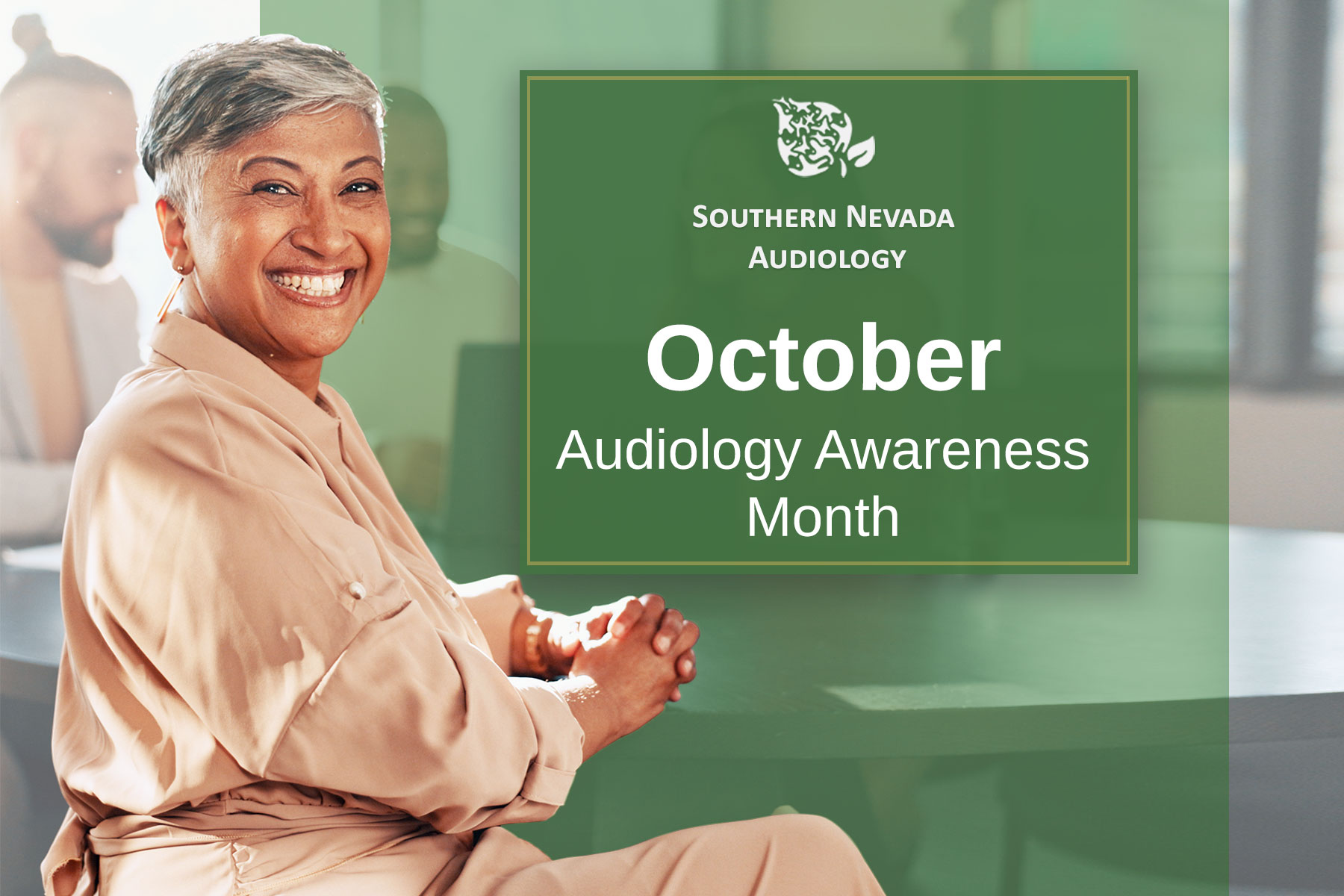October is the month dedicated to promoting hearing health, marked by informative awareness events like Audiology Awareness and National Protect Your Ears Month. Beyond just maintaining good hearing care, it is important to recognize the pivotal role hearing health plays in our daily lives. Effective communication, appreciation of music, and safety awareness all rely on our ability to hear clearly. In this context, let’s delve into the importance of safeguarding our hearing health to lead fulfilling and enriched lives.
Audiology Awareness Month:
October is designated as Audiology Awareness Month, initiated by the American Academy of Audiology in 2008. This dedicated period aims to disseminate valuable information about conditions affecting hearing abilities and the specialized professionals who address these issues. The primary goal is to enhance public understanding of hearing-related disorders and their profound impacts on individuals.
Throughout October, Audiology Awareness Month emphasizes hearing loss and impairment. Audiologists actively educate the public, helping them identify symptoms, potential causes, and risk factors while offering guidance on managing these conditions. The ultimate objective is to foster empathy and understanding for those dealing with hearing challenges, shedding light on the realities of living with diminished hearing.
Facts About Hearing Health:
Approximately 1 billion people globally are at risk of hearing loss due to the unsafe use of portable music devices.
In the United States, nearly 37 million Americans currently live with varying degrees of hearing loss.
Audiologists offer care to individuals of all ages; half of those affected by hearing loss are under 65 and should consider seeking treatment.
Audiologists provide a wide range of treatments beyond hearing aids, including personalized care for conditions like dizziness, balance issues, or tinnitus. They also conduct hearing screenings and offer preventive measures to protect against hearing loss.
Childhood Hearing Loss:
For parents, it is vital to recognize that a child’s poor performance in school or attention-related challenges could be linked to hearing loss. Surprisingly, 60% of childhood hearing loss results from preventable causes and can be effectively treated by audiologists, highlighting their role in children’s well-being and academic success.
National Protect Your Ears Month:
In October, we observe National Protect Your Ears Month, an opportunity to educate ourselves and our loved ones about preventing noise-induced hearing loss (NIHL) and raising awareness about this critical issue.
Prolonged exposure to loud sounds can significantly harm your hearing, with the intensity of sound directly related to the speed of hearing damage. Everyday sounds, like emergency sirens, can reach between 110-129 dBA, and just two minutes of exposure at 110 dBA can lead to hearing damage. The good news is that noise-induced hearing loss is entirely preventable.
When you cannot reduce the volume of noise or move away from loud environments, hearing protectors become indispensable for preserving your hearing health. The key is choosing protectors that you find comfortable and will consistently use.
Types of Hearing Protection:
Two primary types of hearing protection devices are available: earplugs and protective earmuffs. Both play a role in preventing hearing damage by limiting the intensity of sound exposure while not entirely blocking out all noise. Earplugs fit snugly into the ear canal, available in disposable and reusable options, and various sizes. Parents should assist young children in inserting earplugs correctly.
Protective earmuffs are user-friendly, reusable plastic cups that cover both ears entirely, effectively reducing noise levels. They are available in sizes suitable for most individuals, including infants and children. Earmuffs are particularly easy for young children to wear correctly, making them a practical choice.
Promoting Hearing Protection:
During National Protect Your Hearing Month, join in spreading awareness about hearing protection. Ensure safe listening practices for yourself and your family by following these three simple steps:
- Lower the volume.
- Move away from loud noises.
- Wear hearing protectors, such as earplugs or protective earmuffs.
Neglected hearing loss is linked to a decline in overall health, encompassing heightened cardiovascular risk, cognitive alterations, diabetes, balance issues, and depression. It can also cause socially active individuals to withdraw and experience isolation. There’s no more opportune moment than the present to prioritize the protection of your hearing.
Please schedule your hearing assessment / checkup with Southern Nevada Audiology today! Learn more about the advancements in modern hearing aids.

